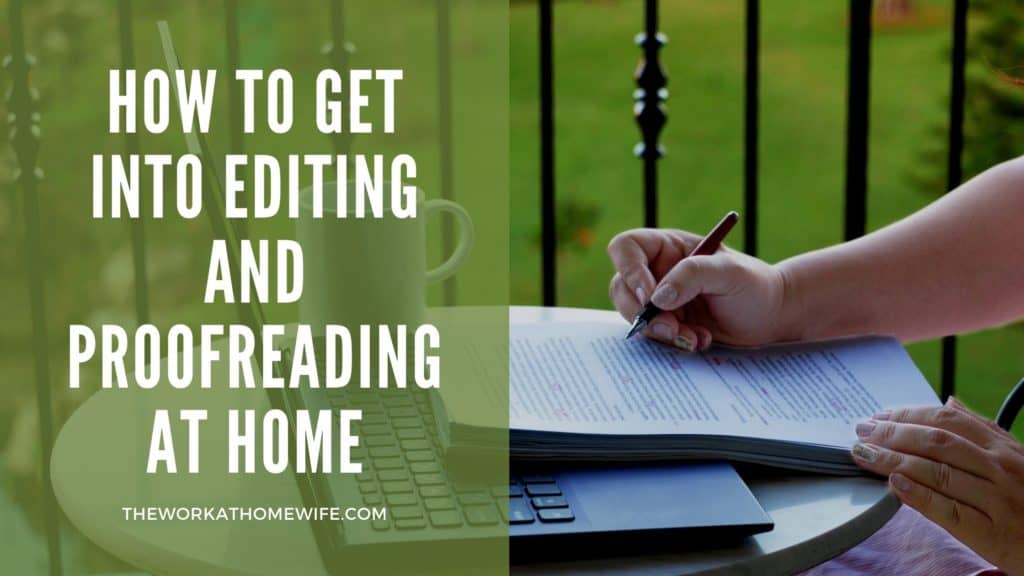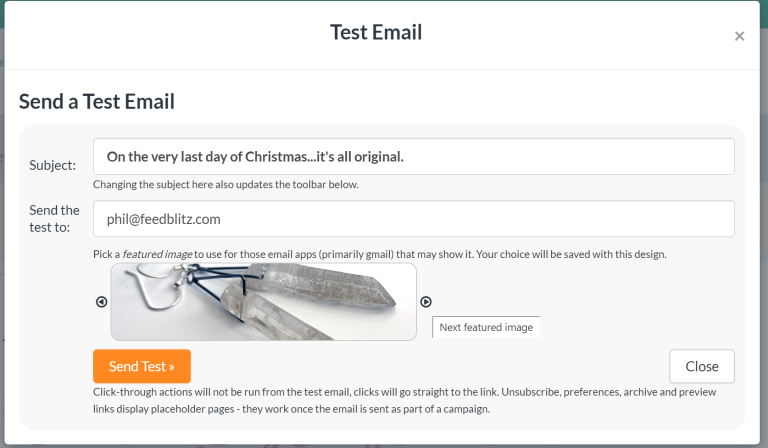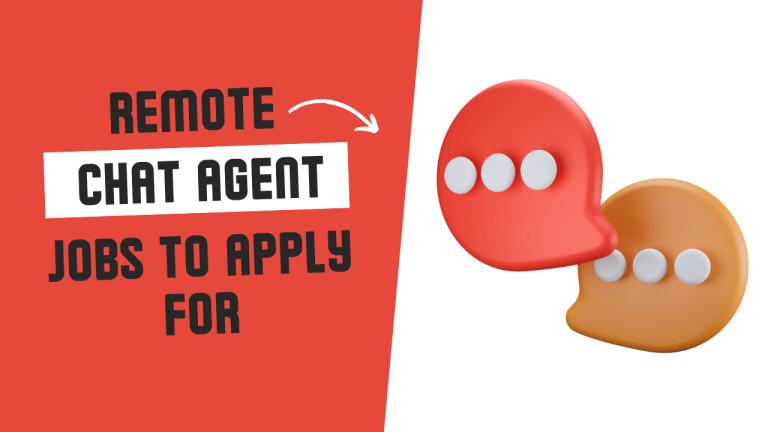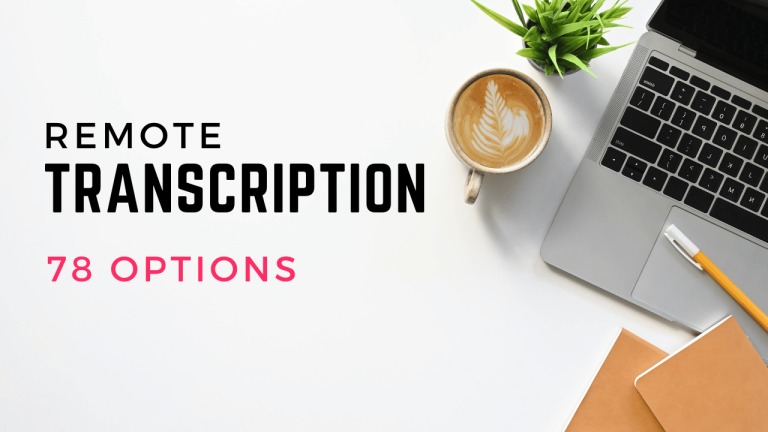INSIDE: Thinking about moving into a proofreading or editing job? There are more opportunities now more than ever. Let’s learn how to get into editing and proofreading right now!
In recent years, we have seen an increase in online proofreading jobs. That doesn’t come as much surprise. As more and more websites, blogs, social media influencers and self-publishers come online, someone needs to make sure all the T’s are crossed and I’s are dotted.
Many online platforms and publishers have at least one proofreader or content editor. If you are a natural wordsmith, there may be an editing or freelance proofreading job out there waiting for you.
How to get into editing and proofreading
In today’s post, we’ll show you how to get into editing and proofreading at home and where to find remote proofreading jobs.
What is the difference between an editor and a proofreader?
In many cases, people use these two terms interchangeably. However, they can mean two very different things. This is especially true when it comes to online content.
Editors who work from home are typically in charge of creating content calendars, generating content ideas, assigning work to freelance writers, making revisions and things along those initial lines of getting content completed and ready to publish.
Then, those written works are assigned to a proofreader who gets to work correcting grammatical errors and polishing things up. A proofreader will make sure documents are formatted to company standard and may even fact-check data.
Depending on the size of the company, the boundaries between these two job descriptions may be blurred or even combined into one role. When it comes to publishing a book or other more in-depth content, roles may be broken down further. For example, a written work may then go through a developmental editor, a copy editor, and finally a proofreader.
Get more:
How much do proofreader and editor jobs pay per year?
As with most work-at-home jobs, the average salary for proofreading and editing runs the gamut. Recent surveys provide an average of around $25 per hour. Those with more experience or specialized skills may charge $35 or more.
What skills and abilities must any good proofreader have?
Before you go looking into how to get into editing and proofreading, you need to take inventory of your skills. Proofreading involves more than just catching misspelled words. You will also need to have a good grasp of grammar and using punctuation correctly.
Regardless of the position you are applying for, it’s almost guaranteed that you will have to take spelling, grammar and punctuation tests. Most companies will require you to be a native English speaker.
You can find several free grammar and spelling tests online to test your proofreading skills:
If you are a member of a job board like Upwork or FlexJobs, you will find skills tests available there as well.
In addition to the basics, you will also likely need to be proficient in popular software, such as Microsoft Word or Google Docs.
What kind of training should professional editors and proofreaders have?
The training or education required will vary greatly. Some companies may only require you to pass a competency test. Others may require an English degree.
Depending on the type of proofreading being done, you may need other specialized knowledge, such as formatting transcripts or legal documents if you are getting into legal or transcript proofreading. General proofreading typically has the fewest requirements when it comes to education, although knowledge of the AP Stylebook is a frequent request. Read each proofreading job description carefully.
If you are looking to become a freelance proofreader and start your own freelance proofreading business, there are several popular courses that may help you. I’d recommend choosing a proofreading course that not only helps you brush up on your proofreading skills but also teaches you how to market your services, bill clients and provides some guidance when it comes to legal, governmental and tax requirements.
I recommend Proofread Anywhere, which offers a handful of courses run by the experienced Caitlin Pyle. Her courses are a smart investment for anyone looking to start a freelance proofreading career.
Where can you find online proofreading and editing jobs?
Next up in learning how to get into editing and proofreading is knowing where to find jobs. Whether you are most interested in freelance proofreading or editing online content or written documents, there are so many gigs out there to choose from.
- Lionbridge – micro tasks
- ProofreadingPal – must be currently enrolled in college or have 5 years experience
- Reedsy – freelance proofreading jobs marketplace
- Polished Paper
- Scribe Media
- Gramlee
- Cambridge Proofreading
The following companies are known to have freelance editor job listings from time to time:
- Bustle
- Cactus Communications
- Dotdash
- NerdWallet
- Vox Media
- VIQ Solutions
You can also keep your eye on job boards like:
- Wordvice
- FlexJobs
- Indeed
- Upwork
- Freelancer
Each proofreading job posting should give you an idea of the education and experience required.
When you want to know how to get into editing and proofreading and you’re starting out at the bottom, you will need to prove your proofreading and writing skills again and again until you build up a portfolio. As you become an experienced proofreader, more doors with better pay will open up to you!










